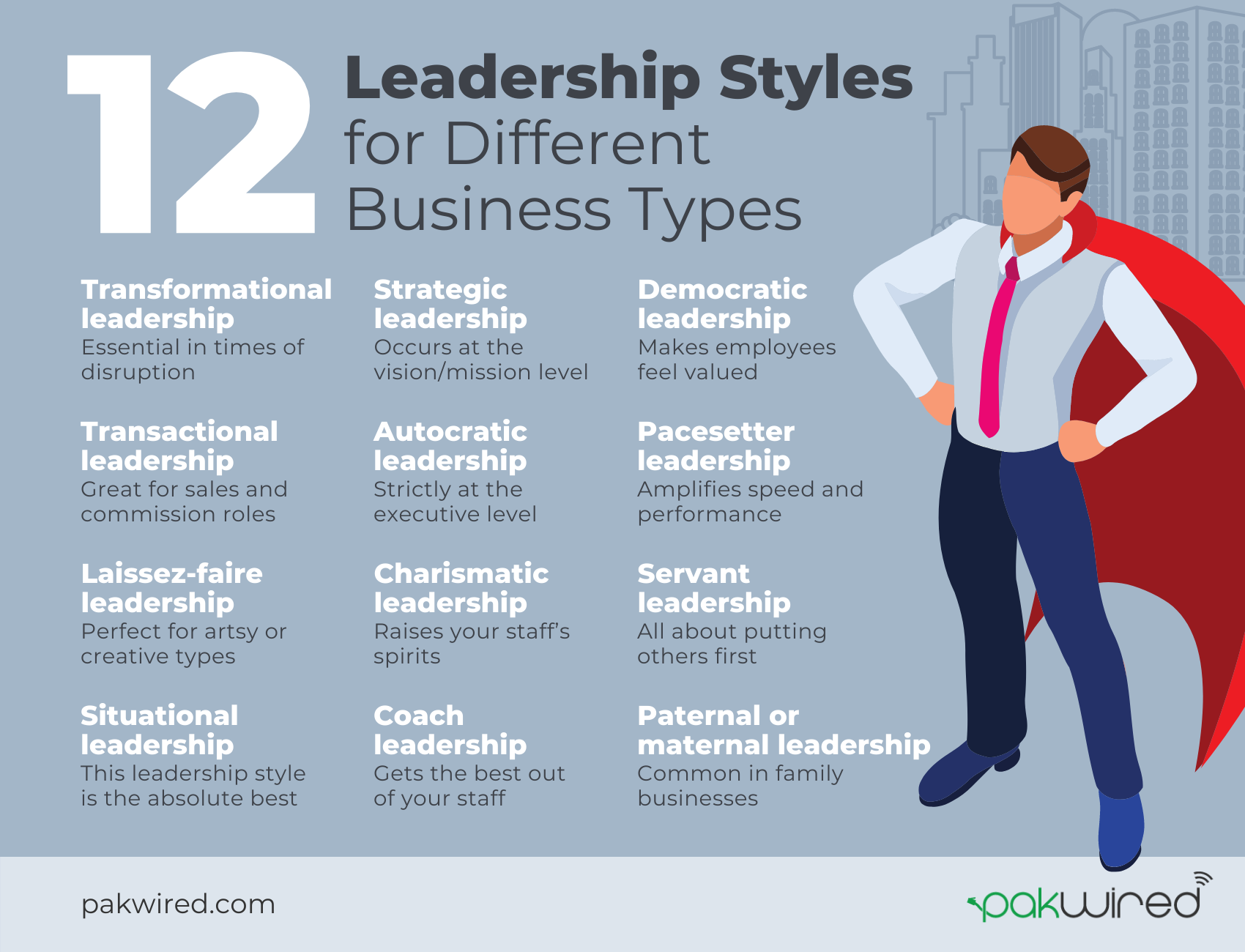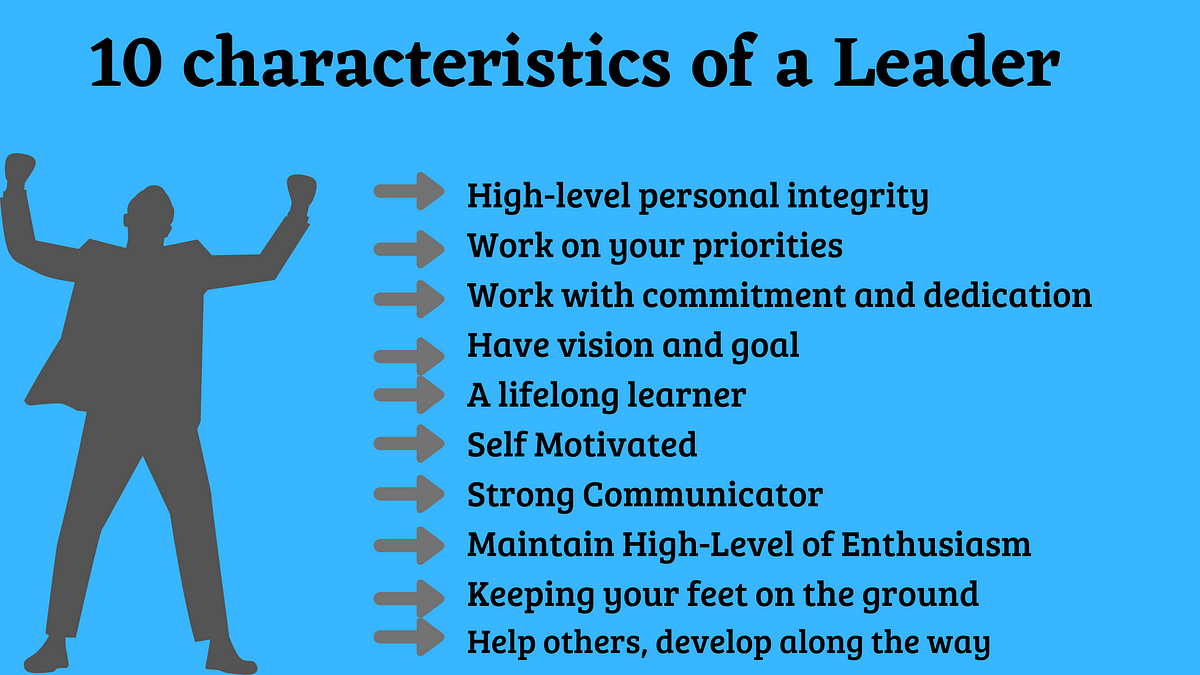What Kind Of Leader Do You Want To Be
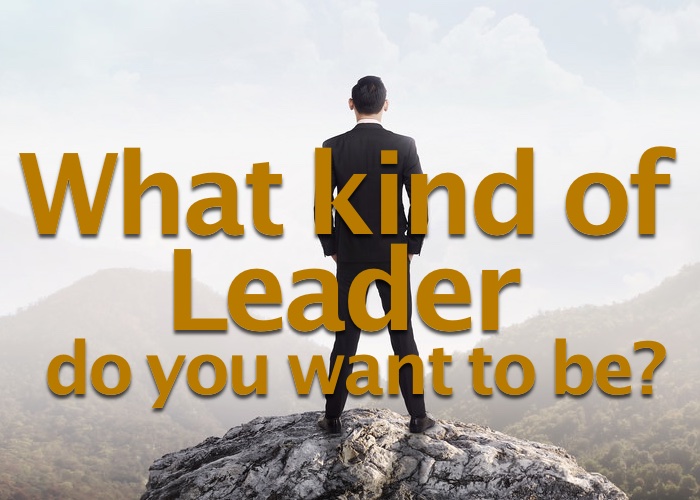
The demand for effective leadership echoes across industries, communities, and nations. A pivotal question lingers in the minds of aspiring and current leaders: What kind of leader do you want to be? The answer is complex, requiring deep self-reflection and a keen awareness of the evolving needs of those being led.
This article delves into the multifaceted dimensions of leadership aspirations, examining the core traits, approaches, and considerations that shape a leader's trajectory. We will explore the prevailing leadership styles, analyze the significance of ethical conduct and emotional intelligence, and assess the capacity to foster collaboration and drive innovation. Furthermore, the article will address the paramount importance of adaptability in response to shifting global landscapes.
The Foundation: Core Leadership Traits
Integrity stands as the cornerstone of any credible leader. According to a 2023 Ethics & Compliance Initiative (ECI) report, organizations with strong ethical cultures are more likely to outperform their competitors. A leader with integrity embodies honesty, transparency, and a strong moral compass, building trust among followers and stakeholders.
Empathy allows leaders to connect with individuals on a deeper level. It's the capacity to understand and share the feelings of others. A study by Catalyst revealed that empathetic leadership is positively correlated with increased employee engagement and reduced turnover.
Communication proficiency is critical for conveying vision and inspiring action. Effective leaders can articulate complex ideas clearly, actively listen to diverse perspectives, and foster open dialogue within their teams.
Navigating Leadership Styles
Transformational leadership focuses on inspiring and motivating followers to achieve extraordinary outcomes. These leaders articulate a compelling vision, challenge the status quo, and empower individuals to reach their full potential. They are also role models for the company and provide meaning to the work.
Servant leadership prioritizes the needs of others. A 2022 study by the Greenleaf Center for Servant Leadership found that servant leaders cultivate a supportive and inclusive environment, fostering collaboration and driving employee well-being.
Democratic leadership emphasizes participatory decision-making. By involving team members in the decision-making process, leaders foster a sense of ownership and shared responsibility.
Ethical Leadership and Emotional Intelligence
Ethical leadership extends beyond mere compliance with regulations. It encompasses a commitment to fairness, justice, and accountability. Leaders who prioritize ethical conduct cultivate a culture of trust and respect, promoting long-term sustainability and positive societal impact.
Emotional intelligence is the ability to understand and manage one's own emotions and the emotions of others. Leaders with high emotional intelligence can build strong relationships, navigate conflicts effectively, and inspire teams to perform at their best.
According to research by the Center for Creative Leadership, emotional intelligence is a key predictor of leadership success.
Collaboration and Innovation
The capacity to foster collaboration is essential for driving innovation and achieving organizational goals. Leaders must create an environment where individuals feel empowered to share ideas, challenge assumptions, and work together to solve complex problems.
Innovation requires a willingness to embrace risk and experiment with new approaches. Leaders must create a culture that encourages creativity, rewards experimentation, and learns from both successes and failures.
A 2021 McKinsey Global Survey found that organizations with strong innovation cultures are more likely to achieve sustained growth and outperform their competitors.
Adaptability in a Dynamic World
The global landscape is constantly evolving, demanding that leaders be adaptable and resilient. Leaders must be able to anticipate change, embrace new technologies, and navigate uncertainty with confidence.
Continuous learning is essential for staying ahead of the curve. Leaders must be committed to expanding their knowledge, developing new skills, and seeking out diverse perspectives.
Resilience is the ability to bounce back from setbacks and learn from adversity. Leaders must cultivate resilience within themselves and their teams, fostering a culture of perseverance and continuous improvement.
Conclusion
The question of what kind of leader you want to be is a lifelong journey. By focusing on core traits, embracing appropriate leadership styles, prioritizing ethical conduct and emotional intelligence, and fostering collaboration and innovation, you can strive to have a positive and lasting impact on the world.
The path to effective leadership is not static. It requires constant self-reflection, adaptation, and a deep commitment to serving the needs of others. A clear vision combined with an unwavering dedication to ethical practice, will ultimately define your leadership legacy.
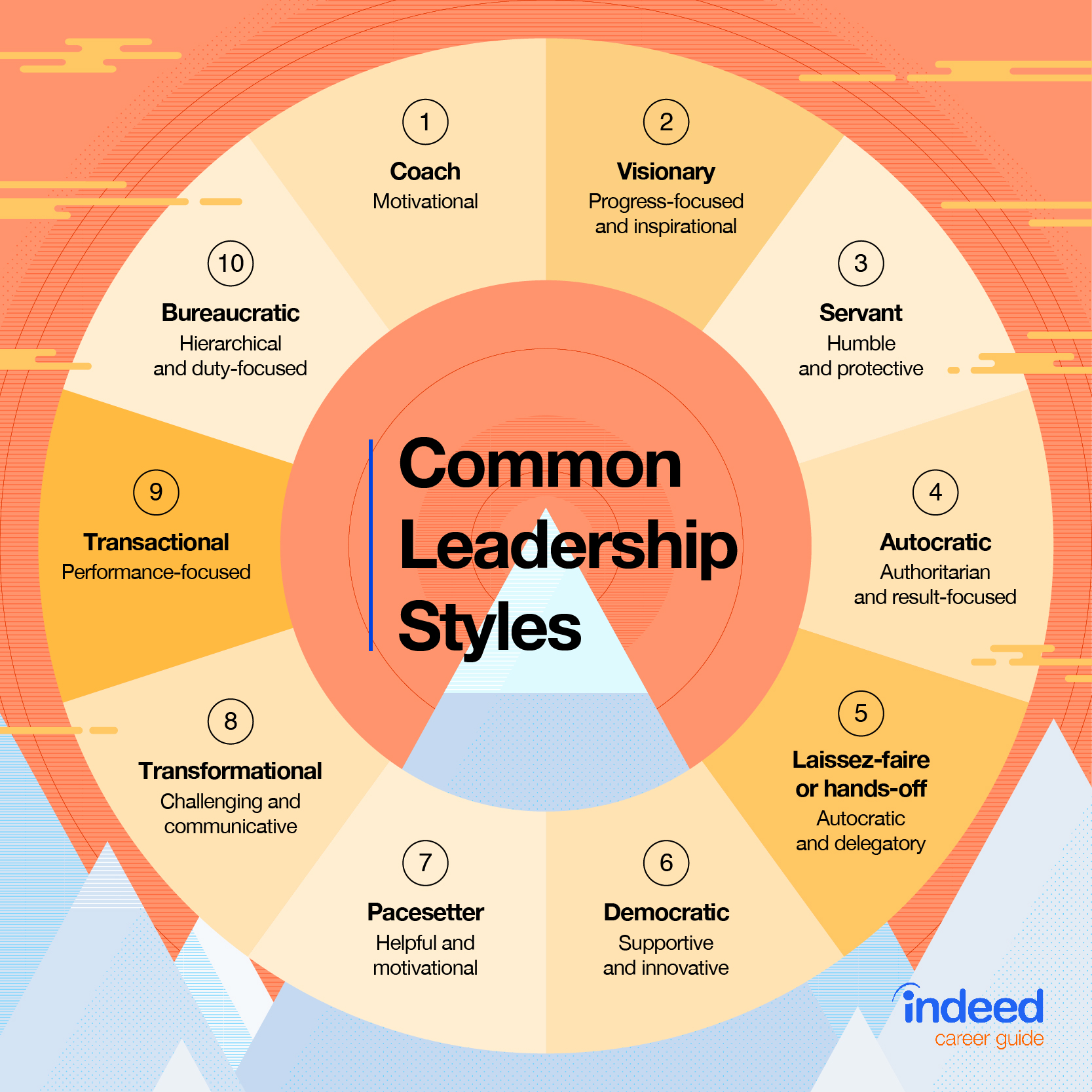

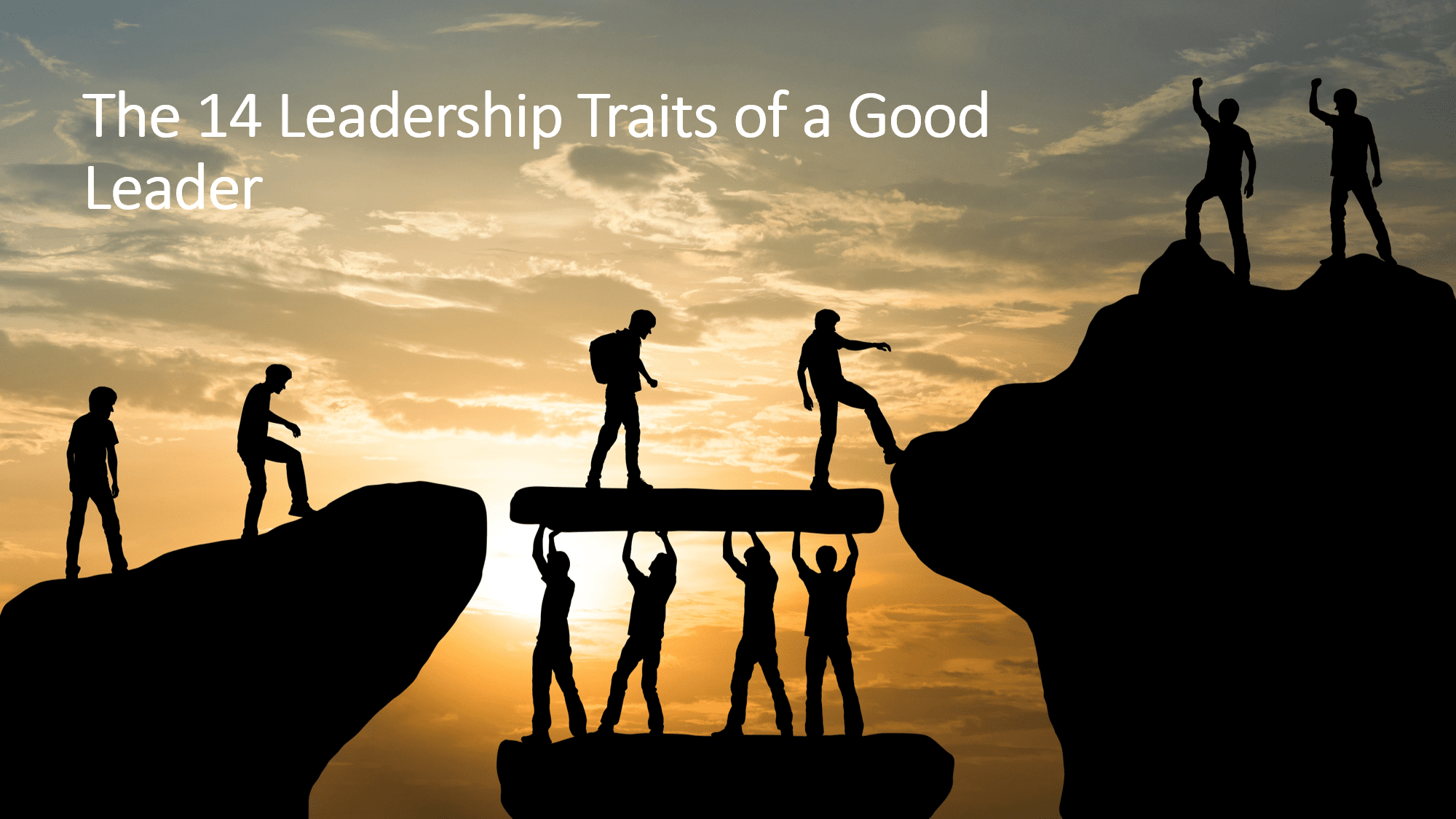
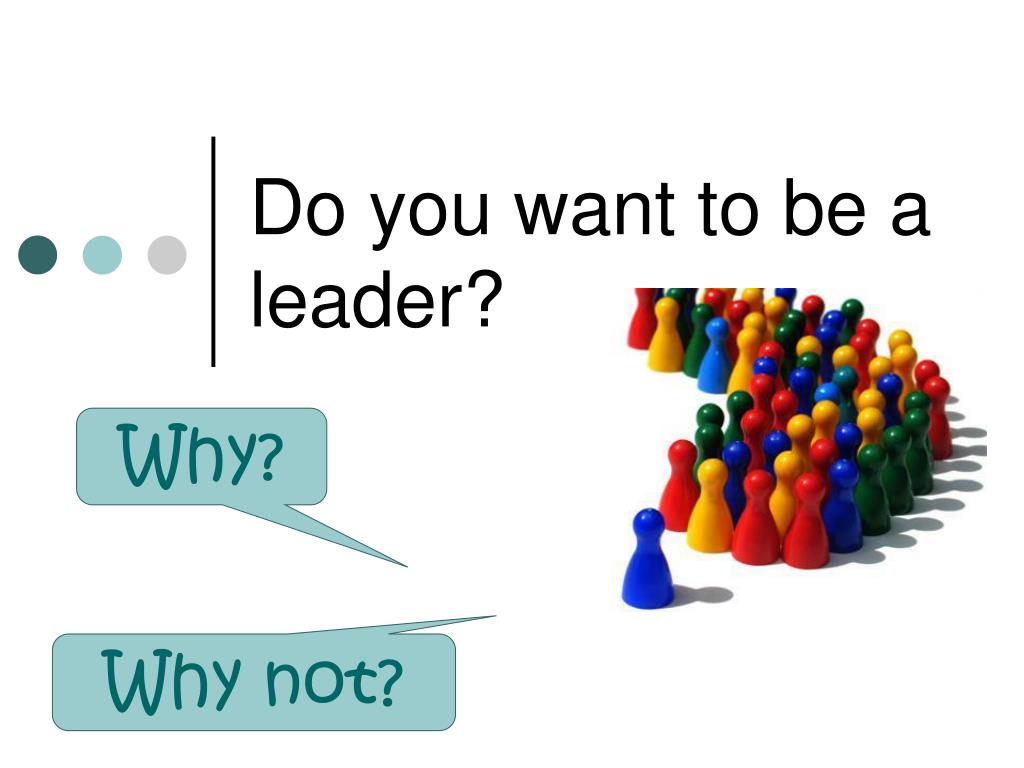
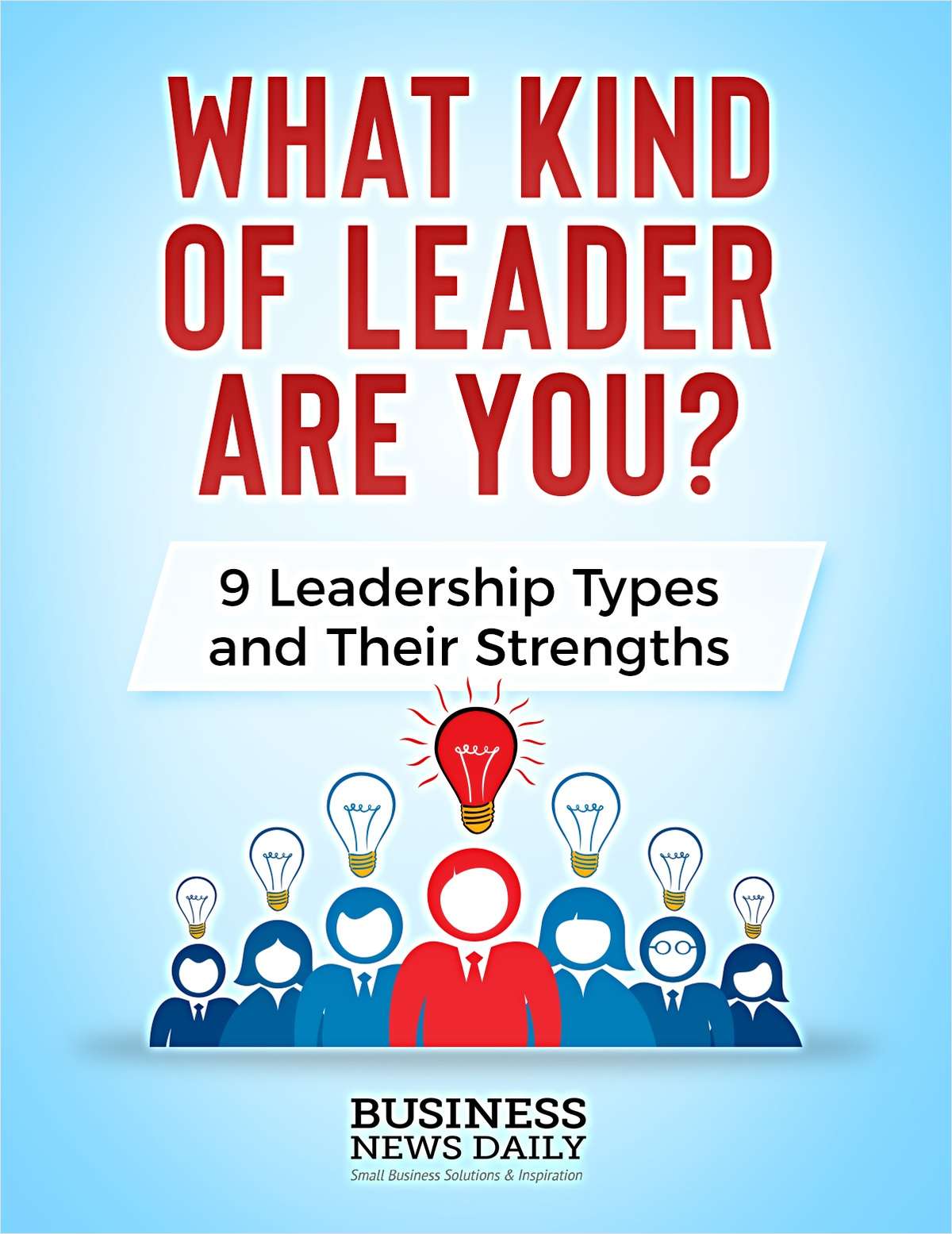

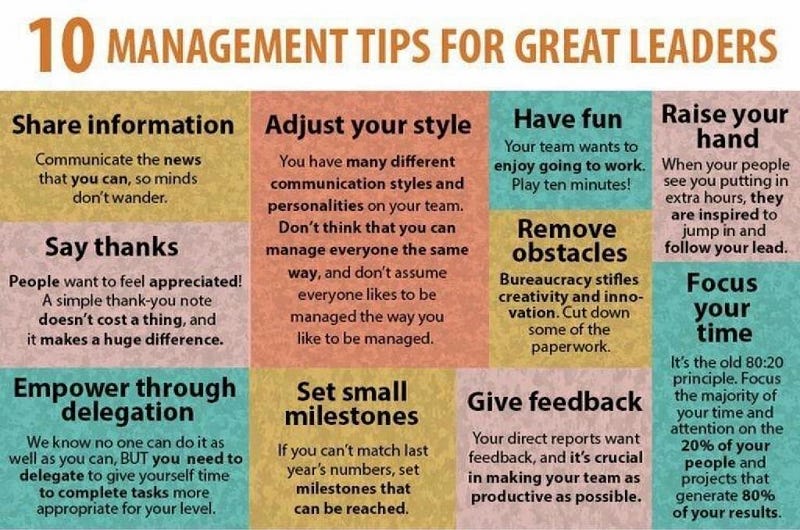
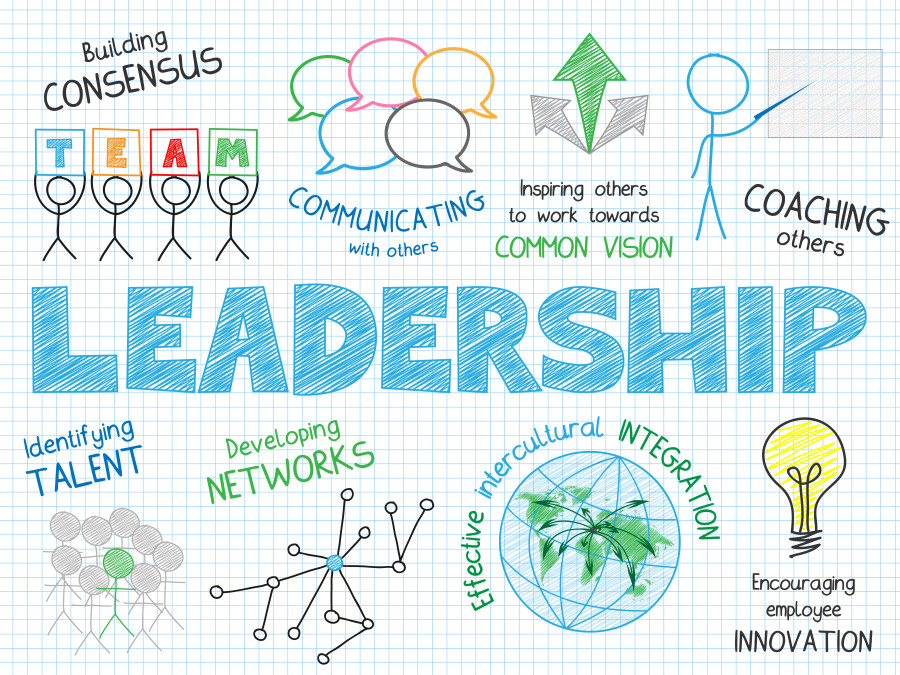



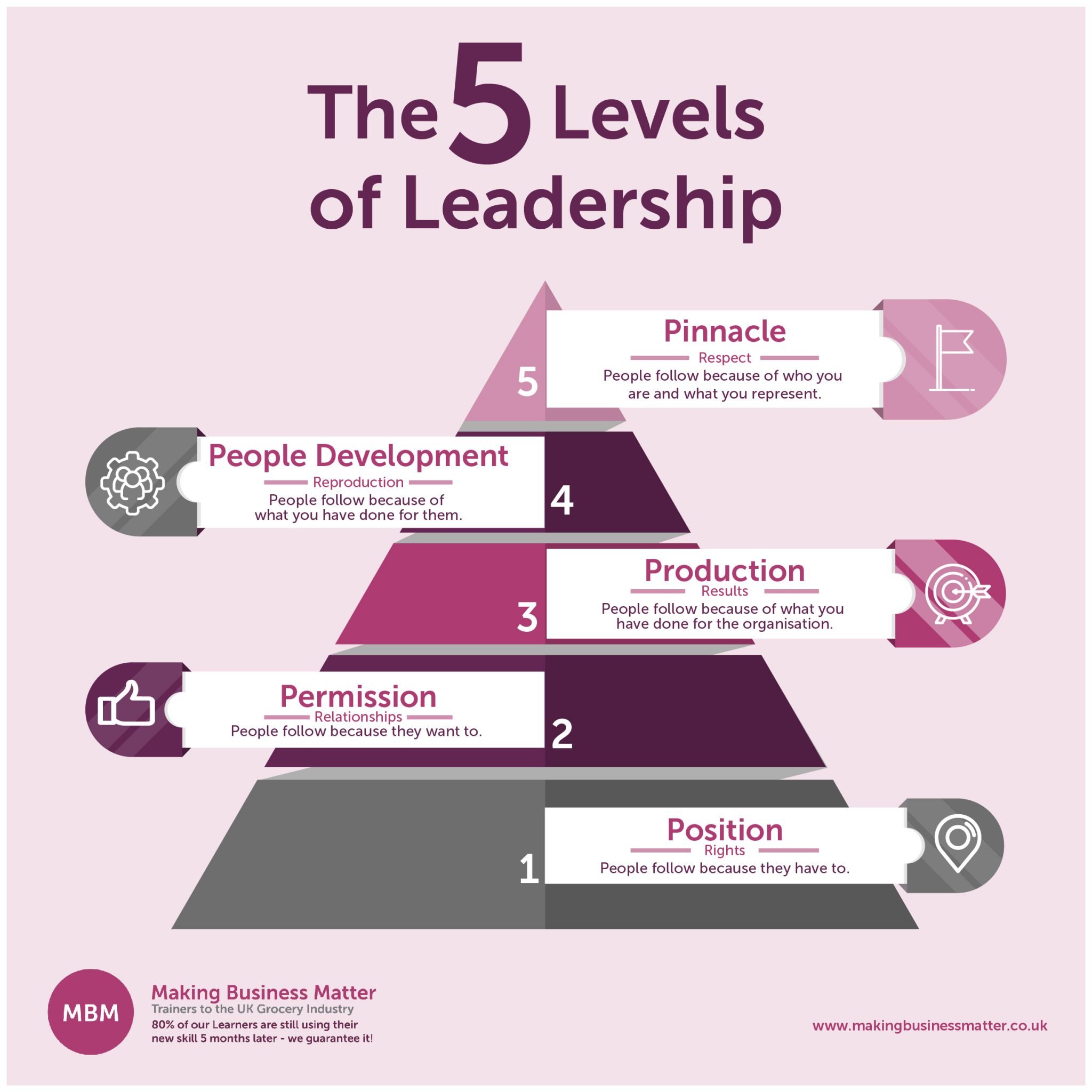
:max_bytes(150000):strip_icc()/leadership-definition-2948275-Final-edit-cc7103c8ac254917a692c1d5c378a169.jpg)

:max_bytes(150000):strip_icc()/top-leadership-skills-2063782_final-5b3e6be646e0fb0036272f42-5bbf7e0246e0fb0026d6416a.png)
